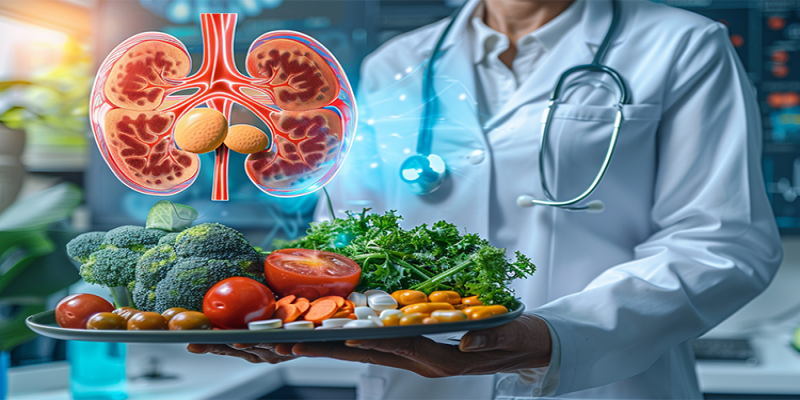Your Plate Holds the Power to Protect and Heal Your Kidneys
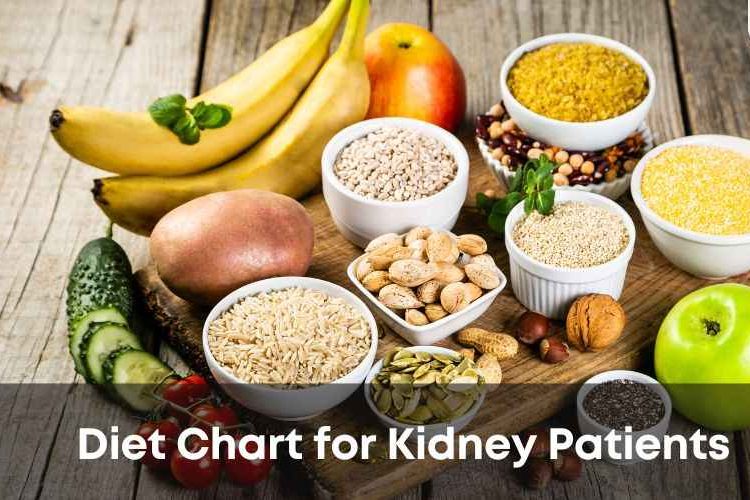
Here’s the truth: your body is more resilient than you think, and diet plays a huge role in supporting it. High creatinine doesn’t have to feel like a life sentence. In fact, the food on your plate can become one of the most powerful medicines to help bring balance back into your body.
First, What Exactly Is Creatinine?
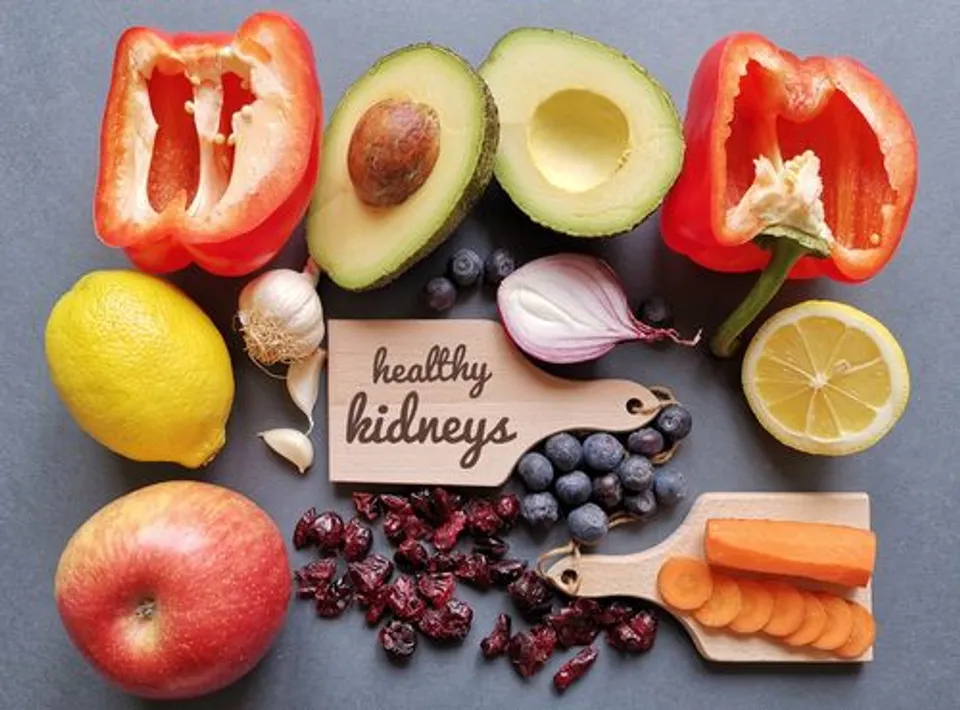
Normally, your kidneys are like efficient filters. They clean out this waste, flushing it through your urine without any issue. But when creatinine levels rise in your blood, it often signals that your kidneys are struggling to keep up.
Does that mean your kidneys are doomed? Not necessarily. Diet and lifestyle can make a massive difference in lowering creatinine and reducing the stress on your kidneys.
Foods That Support Healthy Creatinine Levels
Here’s where the healing begins.
1. Hydration Is Your First Medicine
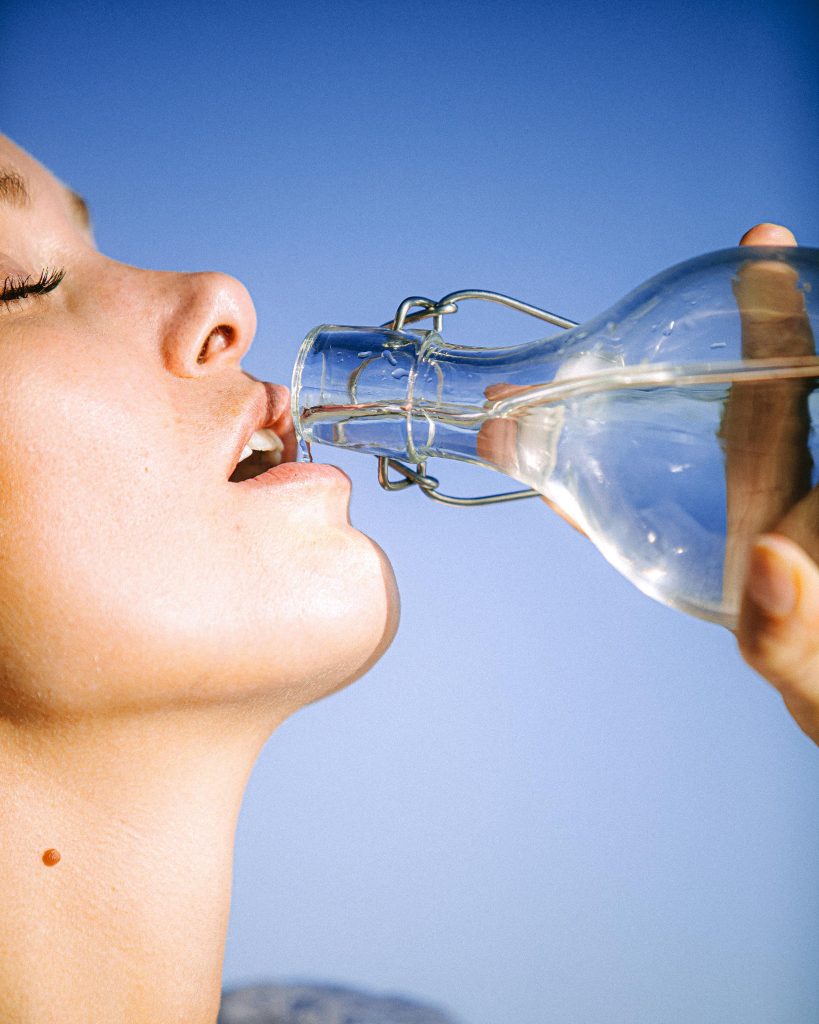
Before food, comes water. Staying hydrated helps your kidneys flush out creatinine more effectively. But don’t overdo it — especially if your doctor has limited your fluid intake. Think steady, mindful sipping throughout the day instead of chugging.
2.Plant-Based Proteins (Instead of Heavy Animal Protein)
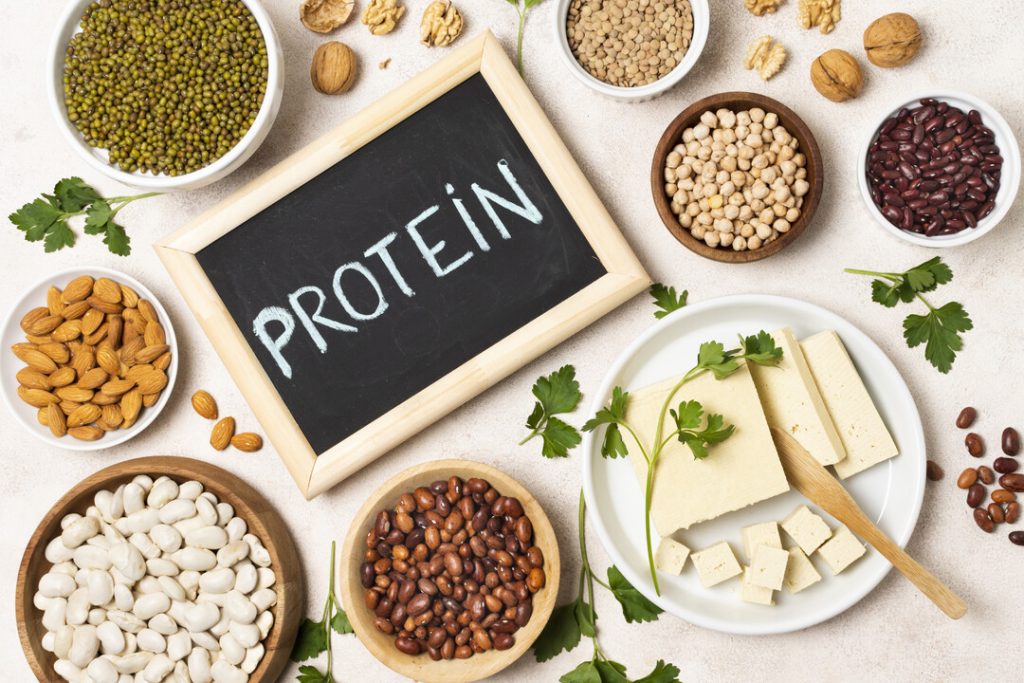
Red meat and excessive animal protein create more creatinine because they break down into nitrogen waste that kidneys must filter. Swap some of that steak or chicken for:
- Lentils
- Chickpeas
- Quinoa
- Tofu or tempeh
Plant proteins create less “exhaust” for your kidneys to handle, giving them breathing room.
3. Fiber-Rich Foods
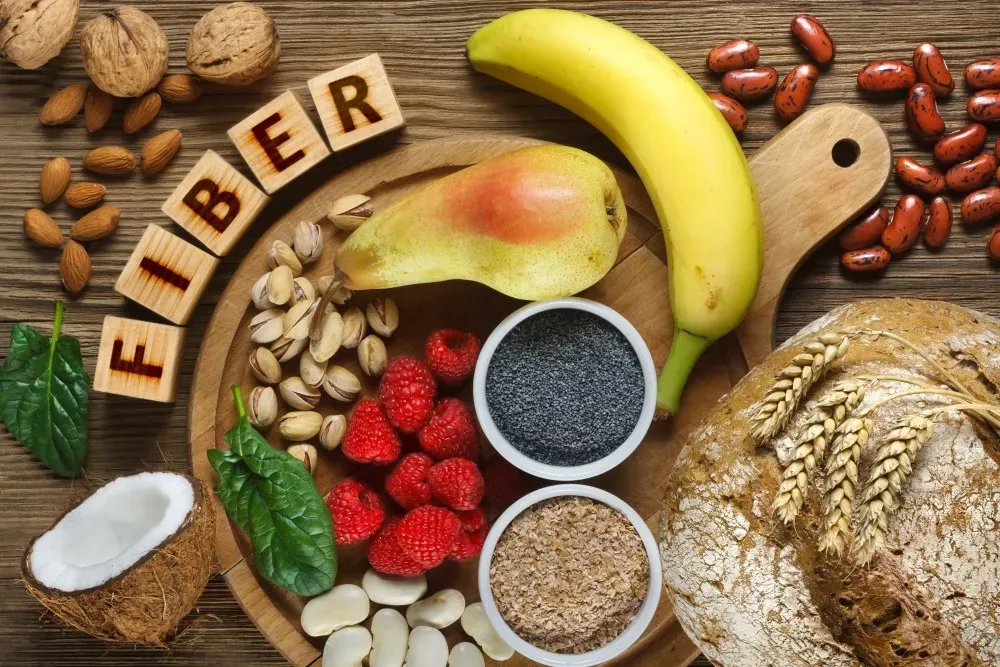
Studies show that fiber doesn’t just help digestion — it actually helps your body eliminate waste products like creatinine through your stool. That means less pressure on your kidneys. Fill your plate with:
- Oats
- Brown rice
- Fresh fruits like apples, pears, and berries
- Vegetables like carrots, spinach, and cucumber
4. Anti-Inflammatory Superfoods
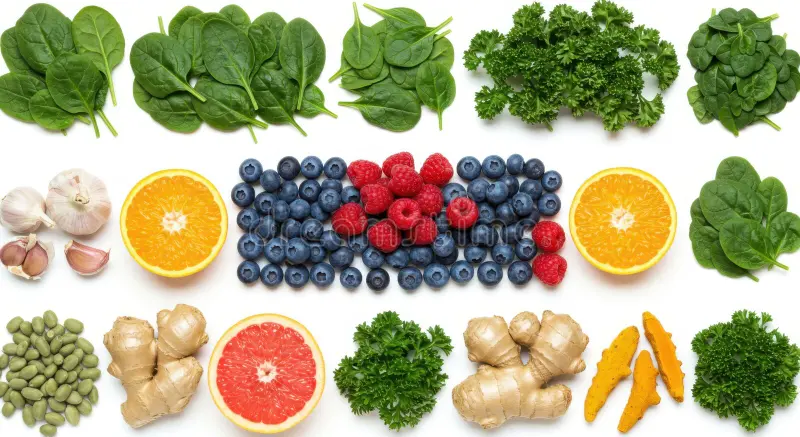
Chronic inflammation can damage kidneys. Luckily, your spice rack and produce aisle are packed with healing gems:
- Turmeric (with black pepper for better absorption)
- Ginger
- Garlic
- Leafy greens
- Blueberries
These foods reduce oxidative stress, which is like rust on your body’s organs.
5. Healthy Fats
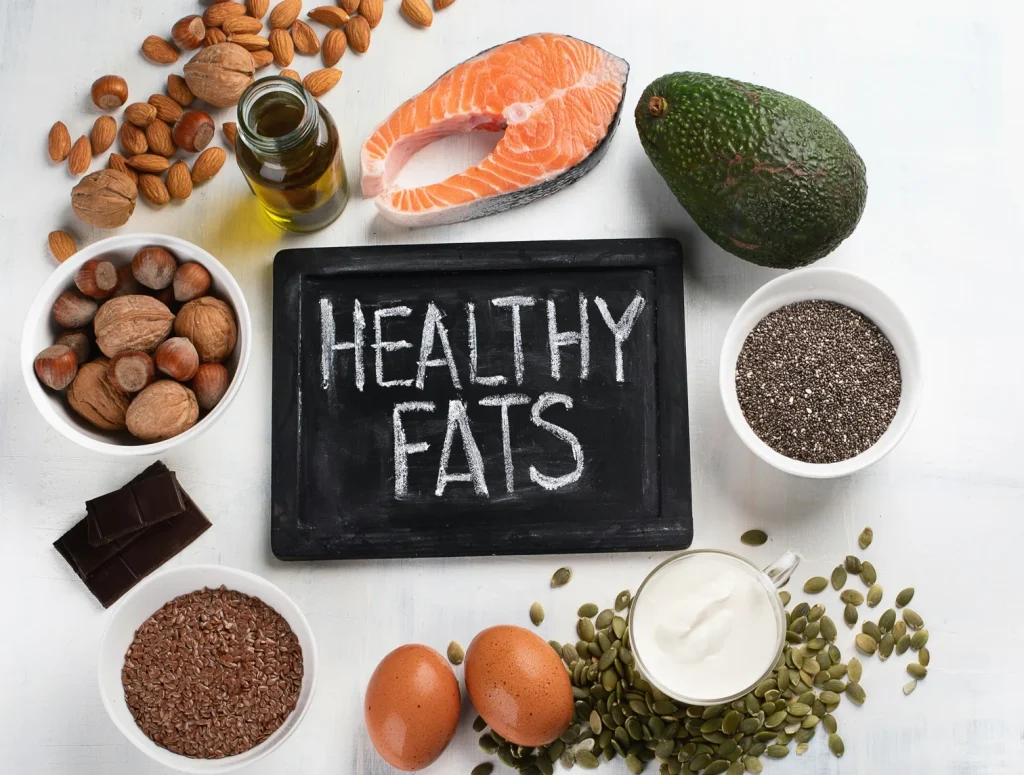
Instead of processed oils or fried foods, nourish your body with fats that heal:
- Avocado (in moderation, if potassium isn’t restricted)
- Olive oil
- Flaxseeds and chia seeds
- Walnuts and almonds (small portions)
They reduce inflammation and keep your energy steady.
Remember, it’s not about deprivation — it’s about creating a supportive environment for your kidneys to recover.
Foods You May Want to Limit
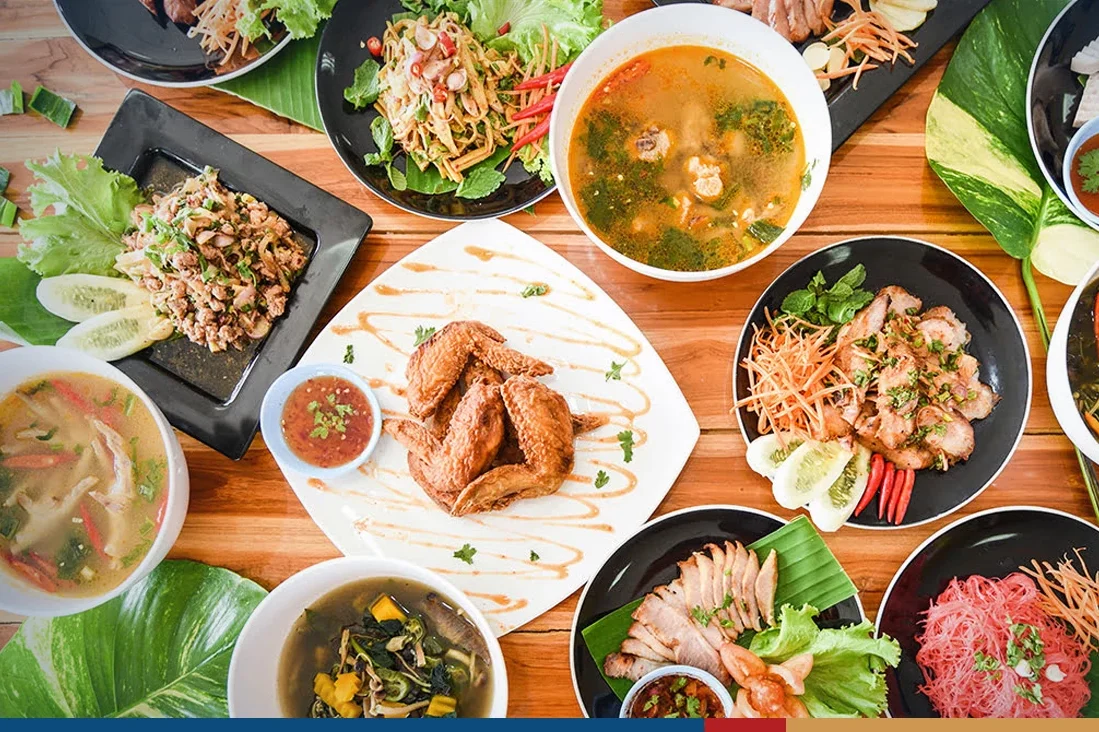
Healing isn’t just about what you add — it’s also about what you ease up on:
- Red meat and high-protein diets: Too much protein increases creatinine load.
- Processed foods: Chips, sodas, fast food — these are often packed with sodium and phosphorus, which strain kidneys.
- Excess salt: High sodium makes your kidneys work overtime and increases blood pressure, which further weakens them.
- Too much dairy: Can raise phosphorus levels.
Remember, it’s not about deprivation — it’s about creating a supportive environment for your kidneys to recover.
Lifestyle Choices That Amplify the Effect
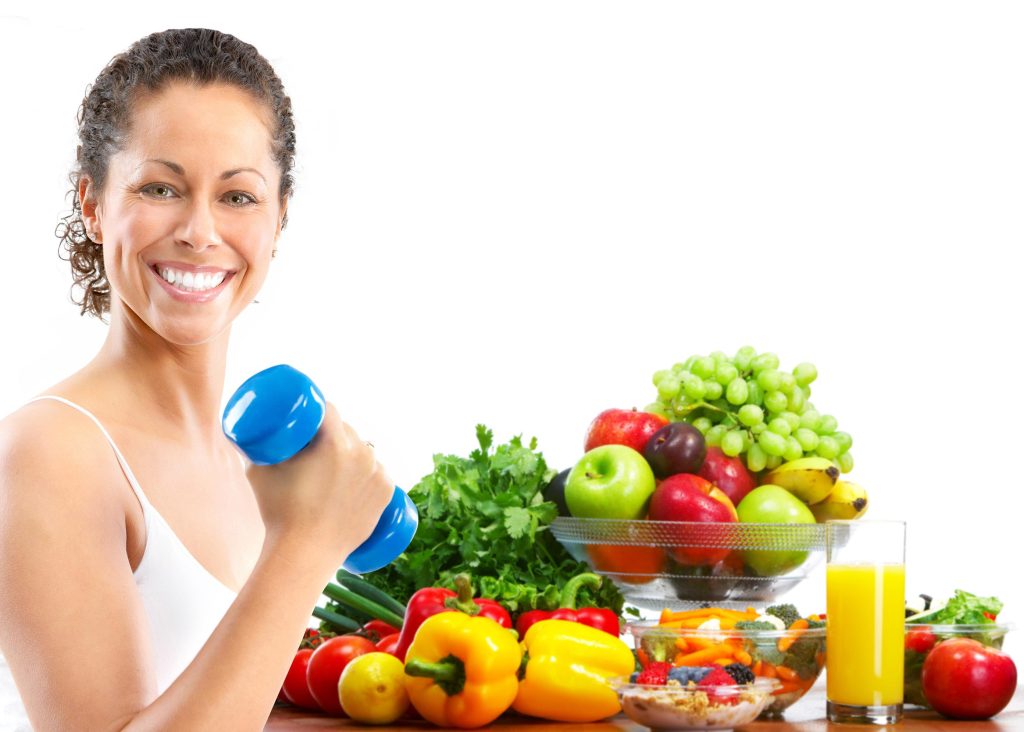
Diet is the foundation, but your daily habits are the pillars that hold everything up.
- Gentle movement: Walking, yoga, or light exercise keeps circulation strong without overworking muscles (which produce more creatinine).
- Stress management: Chronic stress raises blood pressure and inflammation. Meditation, breathing exercises, or even just 10 minutes of quiet time can calm your system.
- Sleep: Kidneys repair themselves during rest. Think of sleep as medicine you can’t buy in a bottle.
Your Action Plan (Simple and Doable)
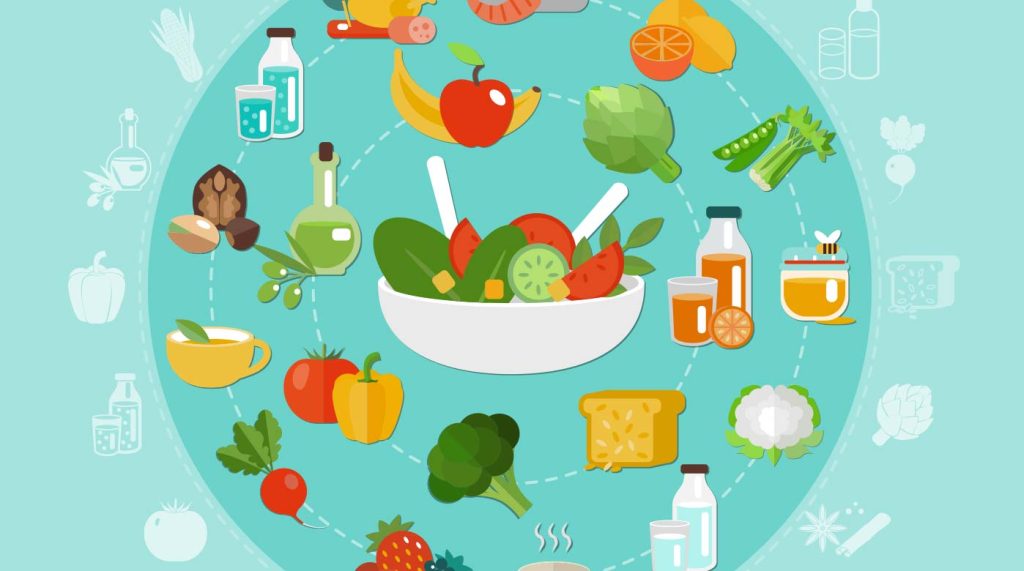
- Start your morning with warm water and lemon.
- Replace one animal protein meal with a plant-based option daily.
- Add at least one high-fiber fruit or veggie to each meal.
- Season generously with kidney-friendly spices like turmeric, garlic, and ginger.
- Move gently — even a 15-minute walk helps.
- Prioritize 7–8 hours of good sleep.
Final Thoughts
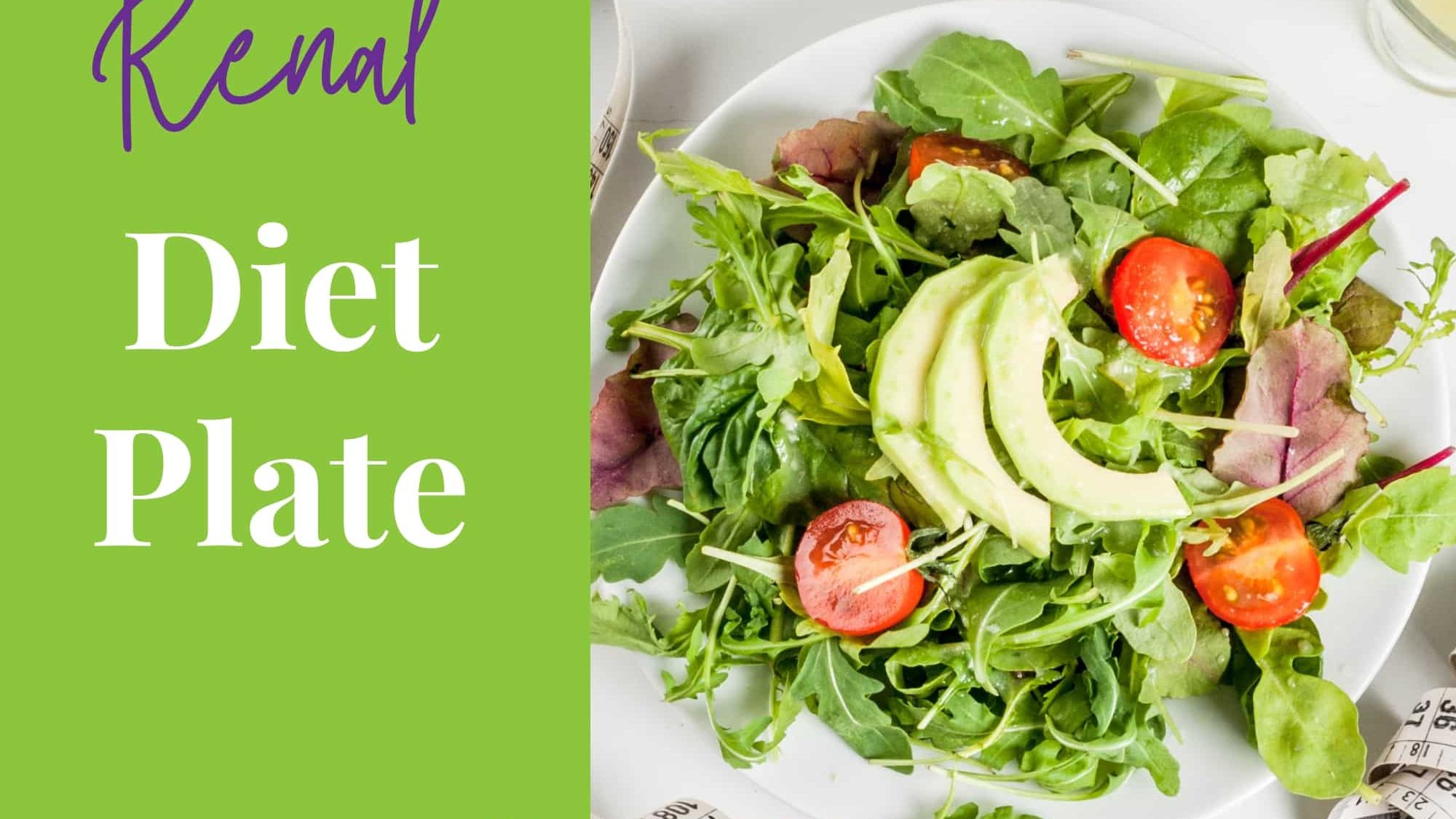
The beauty of healing with diet is that it’s not just about numbers on a lab test. It’s about how you feel every day: lighter, clearer, more energized, and in tune with your body.
So the next time you sit down for a meal, remember — your plate isn’t just food. It’s medicine. It’s care. It’s your way of giving your body the chance to heal.
Your kidneys — and your future self — will thank you.
